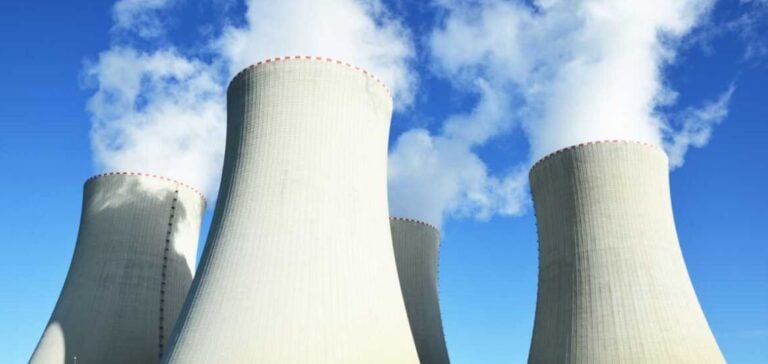Edison, Framatome and the Politecnico di Milano have announced the signature of a cooperation agreement for scientific and technological research and training in the field of nuclear energy. This strategic partnership aims to develop research, development and innovation activities for the nuclear sector.
The cooperation agreement provides for joint projects involving internships, master’s and doctoral theses, seminars, workshops and other initiatives on technical subjects of common interest. To enhance the exchange of knowledge, the agreement includes the organization of meetings and training courses, as well as visits for students and employees of Framatome production sites andEdison and Politecnico di Milano research laboratories. Edison is also multiplying its partnerships in Italy, such as its collaboration with Blunova in Sicily.
The Italian Context and Nuclear Challenges
Nuclear energy remains a sensitive issue in Italy, where nuclear power plants have been banned since the 1987 and 2011 referendums. The current government, led by Energy Minister Gilberto Pichetto Fratin, is studying the possibility of reintroducing nuclear power with modern technologies. The National Energy-Climate Plan (PNIEC) predicts that nuclear power could cover up to 11% of national energy demand by 2050.
Lorenzo Mottura, EVP Strategy, Innovation, Research & Development and Digital at Edison, emphasizes that this agreement strengthens cooperation and research into new nuclear technologies, offering students at the Politecnico di Milano direct access to Edison and Framatome resources and expertise.
Prospects and Benefits for the Energy Sector
Elisabeth Terrail, Senior Executive Vice President, Human Resources at Framatome, said the agreement would enable students from the Politecnico di Milano to apply their knowledge to concrete projects supporting the existing nuclear fleet and the development of new nuclear technologies in Europe.
Marco Ricotti, Professor of Nuclear Engineering at Politecnico di Milano, adds that this agreement confirms and strengthens Politecnico di Milano’s appeal to new generations and industrial players, tripling the number of students enrolled in this field over the last five years.
By combining their resources and expertise, Edison, Framatome and the Politecnico di Milano aim to overcome the technical and regulatory challenges for the potential reintroduction of nuclear power in Italy. This partnership could also inspire other European countries to adopt advanced nuclear technologies to meet today’s energy challenges.






















